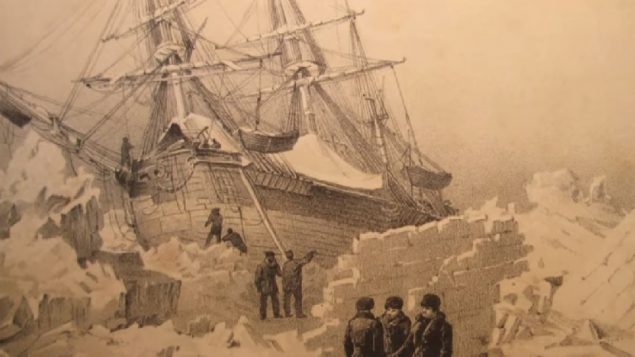Your hosts, Terry, Carmel, Marie-Claude, Marc (Video of show at bottom)
ListenNorth American Free Trade Agreement: deadlines and “Chapter 19”

NAFTA: U.S. Trade Representative Robert Lighthizer, left, shakes hands with Canadian Foreign Affairs Minister Chrystia Freeland, accompanied by Mexico’s Secretary of Economy Ildefonso Guajardo Villarreal. Top officials continued negotiations in Washington today. (Jacquelyn Martin/ AP)
It’s a high stakes game with literally billions of dollars at stake. The North American Free Trade Agreement was a trilateral deal among Canada, the U.S. and Mexico.
U.S President Trump demanded it be renegotiated, and after a year, the U.S and Mexico have a tentative deal, but without Canada. President Trump said Canada had until last Friday to come up with an agreement, but that deadline came and went as negotiators continued.
A contentious point is “Chapter 19” a particular section of the deal. Derek Burney was a negotiator for the original trade deal. He explains the importance of this part to Canada, and how the negotiations went.
Report says Canadian children aren’t eating enough healthy food

A 2017 UNICEF report ranked Canada 37th out of 41 countries on access to nutritious food for children, just below the United States and higher than Bulgaria. (Jake May/Flint Journal/Associated Press)
September means it’s back to school for millions of children, teens and young adults across Canada, which is widely considered as an advanced G7 country, and among the advanced countries of the world.
However, UNICEF issued a study report in which it listed Canada 37th out of 41 countries in the Organisation of Economic Cooperation and Development (OECD) in terms of children’s access to nutritious food.
Terry spoke to Sara Kirk, professor at Dalhousie University in Halifax who is a co-author of an newspaper article calling for a national school lunch programme
The lost Franklin expedition: new research lead-poisoning not responsible for tragedy

Sketch imagining one of Franklin’s ships trapped in the Arctic ice by George Beck (Toronto Public Library)
Researchers at McMaster University in Hamilton Ontario had a rare opportunity to study the hair of one of the crew members who died during the Franklin expedition to the Arctic in 1845.
It was long thought that lead poisoning from tinned food and the lead water pipes was the main cause behind their eventual deaths. Previous studies of bone and teeth showed high lead level which would have accumulated over years, but this study of hair revealed the last several months of the crew member.
It showed no spike in lead contamination. Thus, although high lead levels may have been a contributing factor in poor decision making, it could no longer be counted as the factor in their demise.
Marc speaks to Lori D’Ortenzio (PhD) researcher at McMaster.
Images of the week







For reasons beyond our control, and for an undetermined period of time, our comment section is now closed. However, our social networks remain open to your contributions.